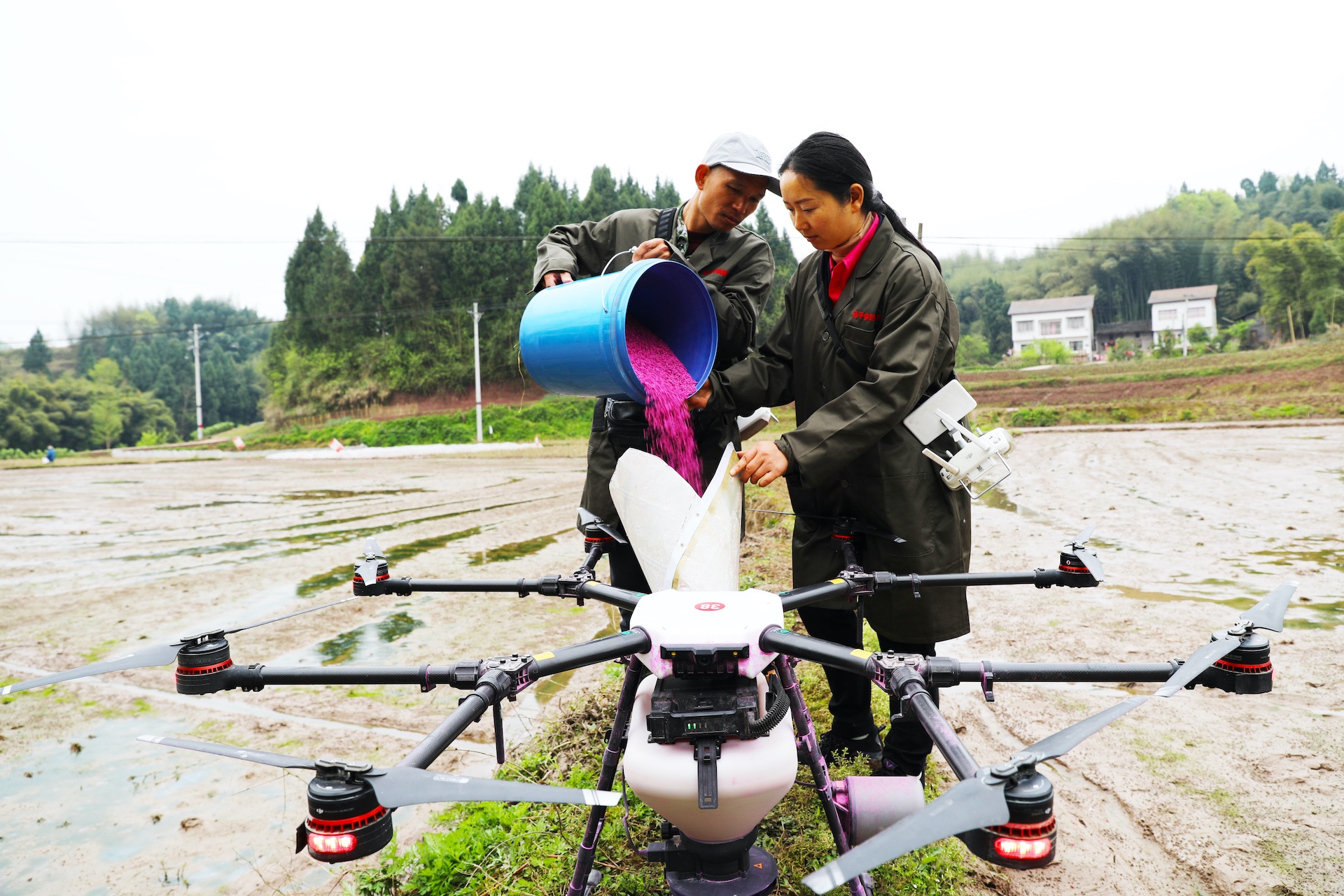China is stepping up its agritech industry
China doesn’t want to depend on other nations for food security. Cue big investments in agriculture technologies.

Zhang Zhaoke, a farmer in China’s northern Hebei Province, recently invested in a hydroponic greenhouse business to boost vegetable yields. With nudges coming from both the government and private firms, Zhang’s investment exemplifies China’s wider shift towards agricultural technologies.
- China has a long history of food security issues. Mass floods, famines, and droughts plague its history. Over the past decade, and especially since the pandemic, Xí Jìnpíng 习近平 has sought to stabilize China’s food supply by emphasizing self-sufficiency.
- China views healthy seed production from industrialized biological breeding as the key to achieving its food security agenda. A recent pilot project study in China suggests that genetically modifying soy and corn seeds can increase overall crop yields by 10.7% and 12%, respectively.
- International aid has benefited China’s current capabilities in agritech. The global consultancy Growing Smart is currently developing innovative cultivation methods at a greenhouse project based in Jiangxi Province. The firm has spent almost two decades in China maximizing farming efficiency.
China news, weekly.
Sign up for The China Project’s weekly newsletter, our free roundup of the most important China stories.
The context: Self-sufficiency in domestic food production has been a decades-old political target. In 1996, the government issued a white paper establishing a 95% self-sufficiency target for grains including rice, wheat, and corn. Over the years, for the most part, China’s domestic production has met the country’s growing demand.
- However, China has suffered from recent global fluctuations in food prices. The cost of fresh vegetables jumped 30% year-on-year last November. Measures have since been enacted to dampen these effects, such as offering a minimum price to farmers for their harvest, which is often stockpiled.
- Furthermore, Xinhua reported yesterday that the Ministry of National Agricultural Technology has provided online training courses to more than 800,000 farmers to advance agritech services.
- Private biotech firms engaged in the development of seed technology, including Beijing Dabeinong Technology Group, Shandong Denghai Seed, and Winall Hi-tech Seed, have been promised generous state backed support. Shares of all three firms have increased by approximately 100% since the beginning of 2020.
The takeaway: China’s ultimate objective is to not rely on international aid, or depend on trade imports, for agricultural stability. In January, China’s economic agencies put “security” as a top priority for 2022, promising to secure supplies of everything from grains to energy to raw materials. So long as Beijing links food stability to national security, investments in China’s growing agritech industry, like Zhang’s, seem prudent.






